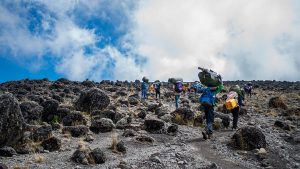Embarking on a journey to climb Mount Kilimanjaro and experiencing an unforgettable safari in Tanzania is a dream come true for many adventure enthusiasts. While planning such a trip, you may wonder how much money should you bring for Kilimanjaro. In this article, we will give our recommendations on the amount of money you should bring for a Kilimanjaro climb and safari in Tanzania. Keep in mind that the US Dollar is accepted everywhere in Tanzania.
Understanding Expenses
When planning for your Tanzanian adventure, it’s important to take into account the various expenses involved. These typically include permit fees, transportation, accommodation, meals, equipment, tipping, and incidental expenses.
Permit Fees
To climb Mount Kilimanjaro, you will need a permit. The cost of the permit varies depending on the route you choose and the number of days you plan to spend on the mountain. On average, permit fees range from $1,000 to $1,500 per person.
Don’t worry, we include the price of the permits in your climb prices. Furthermore, we go through the trouble of applying for and picking up your permits.
Transportation
Transportation does include airfare. But you will be responsible for planning and paying for those fees so we will not cover them here.
As far as ground transportation goes, you have two options. One, take a taxi from Kilimanjaro International Airport (JRO) to your hotel. This usually costs about $50 US Dollars each way. The other option is to book our transportation in advance. It is $100 each way, but that is the total for up to six people plus their gear. Why do we charge you for a private transfer? JRO is in the middle of nowhere—40 minutes each way from the hotel. Additionally, the driver has to be available for several hours, especially if there is a flight delay.
Accommodation and Meals
During your Kilimanjaro climb, accommodations are in mountain huts or tents, depending on the route. Costs are usually included in the tour package, but it’s essential to confirm this with your chosen tour operator.
We include the cost of the hotel the night before and after your climb in your climb price. Breakfast is also included. Lunch and Dinner and any extra nights at the hotel are extra. We can book additional nights at the hotel, just let us know in advance. Lunch and dinner usually run from $10-15 USD.
On a safari, accommodation options can range from basic campsites to luxury lodges or tented camps, with varying prices. Our safaris are in upscale tented camps. The safari price includes all meals.
Equipment and Gear
To tackle the challenges of Mount Kilimanjaro, proper gear and equipment are essential. Depending on your needs and preferences, you may choose to rent or buy equipment. It’s advisable to bring your essential gear such as boots, backpacks, and clothing. See the full list here: https://kilimanjarosunrise.com/how-to-prepare/#gear
We will make sure you have all the required gear at the pre-climb trip briefing. You’ll also receive your rental gear at that time.
We rent sleeping bags, trekking poles, duffel bags, jackets, and private toilet tents. To read about them and to see pricing go here: https://kilimanjarosunrise.com/rental-gear/
Tipping for the Guides and Porters
Hiring experienced guides and porters is very important for a successful Kilimanjaro climb. The number of guides and porters required depends on the size of your group and the route chosen. It’s customary to tip guides and porters for their hard work and dedication, so make sure to factor tips into your budget.
Here is a table that shows the appropriate tip for the route and the number of porters and guides.
| GROUP SIZE | 6 DAYS | 7 DAYS | 8 DAYS | 9 DAYS |
|---|---|---|---|---|
| 1 | $350 – $380 | $400 – $430 | $450 – $480 | $500 – $530 |
| 2-3 | $275 – $305 | $305 – $345 | $340 – $370 | $375 –$415 |
| 4+ | $200 – $230 | $220 – $250 | $245 – $275 | $270 – $300 |
Safari Tips
For safari, regardless of the number of people in the vehicle, a good tip for the driver is $50 per day. For example: On a 5-day safari $250 per vehicle is a good tip.
Incidental Expenses and Souvenirs
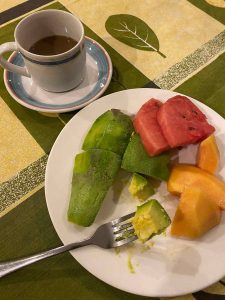
We recommend bringing $700-800 USD. They should be 2009 and newer undamaged bills. You should bring at least two-three $100 bills for tipping. Also bring a mixture of 20s, 10s, 5s, and at least $40 in 1s.
By undamaged we mean no writing on them. They can’t have tears or tape. Tanzanians are very leery about counterfeit bills. Even the bank will not even take the damaged bills. We have tried to exchange them. We were unsuccessful.
Furthermore, you’ll need ones to tip hotel porters, tipping at your meals, and tip the porter that accompanies you from the restaurant to your safari tent. He or they will be armed to protect you from any lurking predators.
 Final Thoughts
Final Thoughts
When planning a trip to Tanzania to climb Mount Kilimanjaro and embark on a safari adventure, it’s crucial to budget accordingly. When asking yourself how much money should I bring for Kilimanjaro, the amount will depend on factors such as the number of days, route chosen, gear rental requirements, tipping, as well as if you are on safari and how many days that will be. Consulting with your tour operator will give you a clearer understanding of the costs involved. With proper planning and budgeting, you can ensure a memorable and fulfilling experience as you conquer Kilimanjaro and explore the captivating wildlife on a Tanzanian safari.

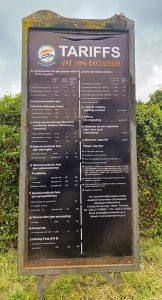


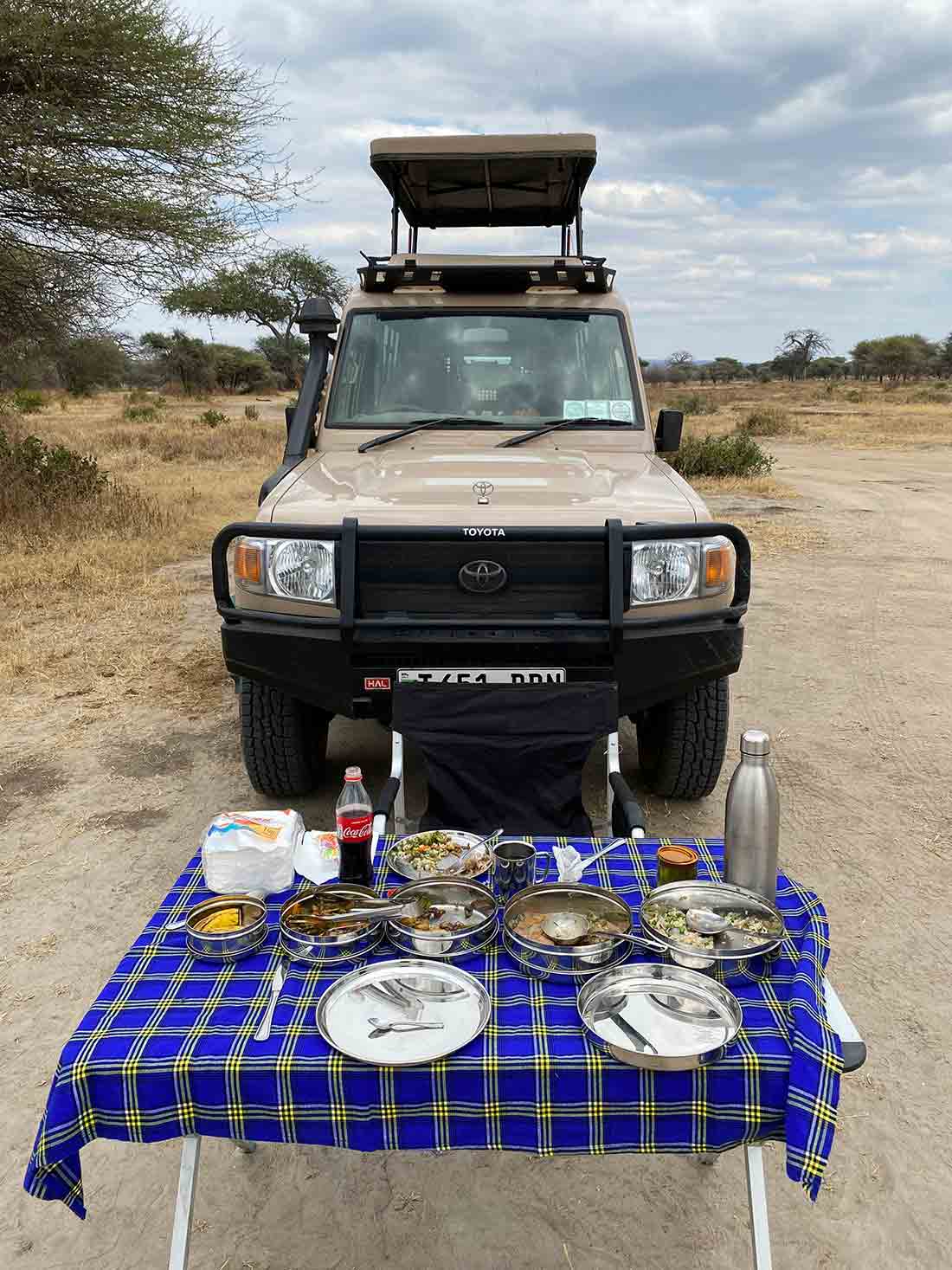
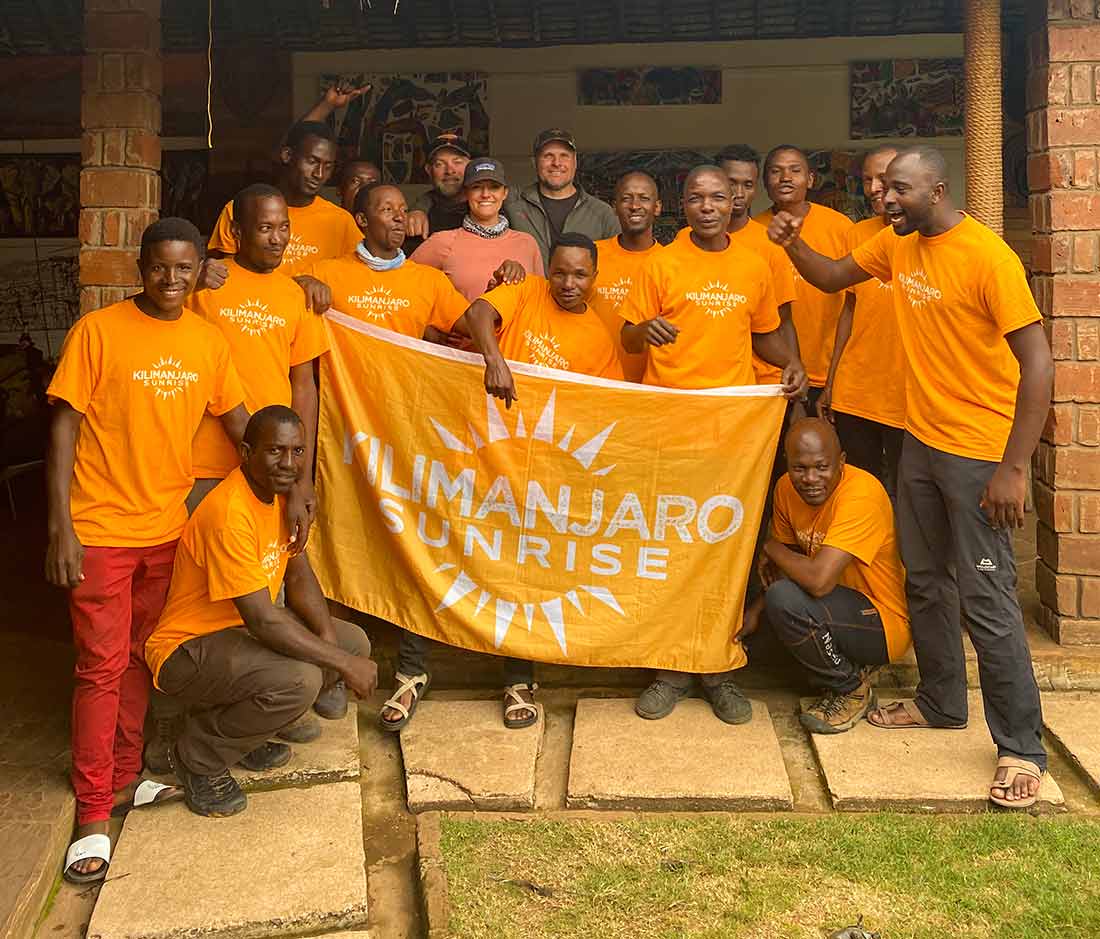
 Final Thoughts
Final Thoughts